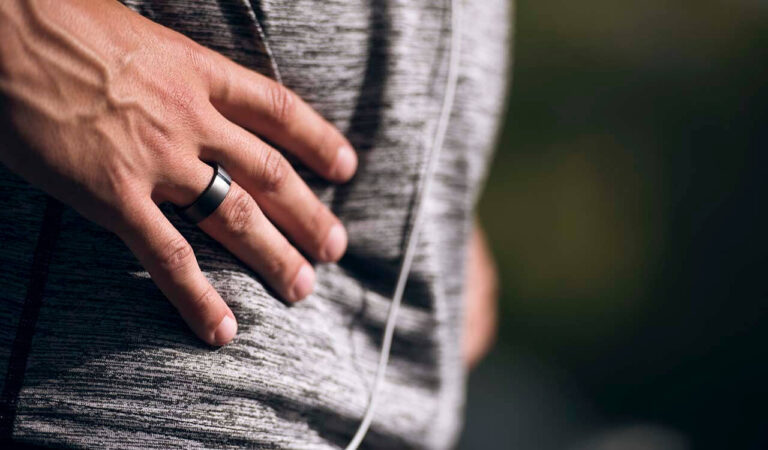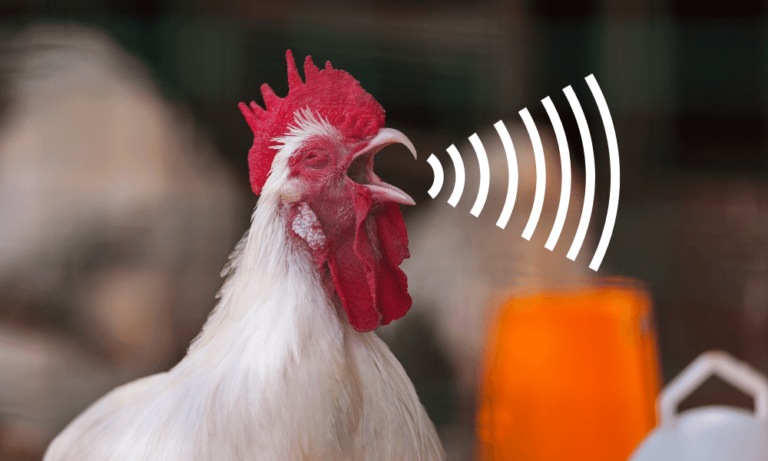At the outbreak of the Great War (WWI), Germany demanded Belgium allow them passage so they could invade France. Belgium, a neutral country, had the support of Great Britain. When Germany invaded and the Battle of Liege began, Belgian citizens found themselves in the midst of war. The German Army took their food and Great Britain imposed a blockade on the country, not allowing any aid to reach the neutral citizens.
Herbert Hoover had already been busy helping stranded Americans flee the war in Europe. Based on his success transporting 120,000 Americans back home, the American ambassador to Great Britain contacted Hoover to help transport food to the starving Belgians. Hoover created the Commission for Relief in Belgium (CRB).
In order to succeed he had to navigate British sentiments that the food would help the Germans and prolong the war. Hoover was able to work out a deal in which neutral CRB agents aboard neutral ships laden with relief could bypass the blockade. Based on his position at the head of the CRB, Hoover was one of a few men who were able to pass into territories occupied by both sides of the conflict.
Between 1914 and 1919 he was able to feed 11 million Belgians.


